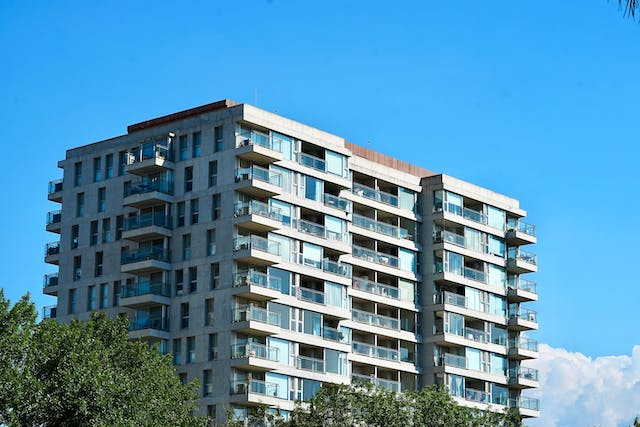
Short-term rentals, such as those found on platforms like Airbnb and Vrbo, have become increasingly popular. While these rentals may offer condo owners a lucrative opportunity, they can also bring a host of legal challenges, especially for condominium and homeowners associations (HOAs). In Florida, where condos are common and tourism thrives, understanding the legal landscape surrounding short-term rentals is crucial for both condo owners and HOAs. Read on and contact our knowledgeable Florida condo & homeowner association attorneys to learn more.
What Are the Common Legal Issues with Short-Term Rentals in Condos?
Condominium associations often grapple with several legal challenges when short-term rentals are involved. One of the most frequent issues is whether short-term rentals are even allowed under the condo association’s governing documents, such as the declaration of condominium or the bylaws. Some associations outright prohibit rentals of less than a certain duration (e.g., 30 days or six months), while others may allow them but impose strict guidelines.
Another common problem is noise complaints and disturbances. When renters come and go frequently, there’s a higher chance of disruptions to permanent residents. This can lead to conflicts within the community and pressure on the association to enforce rules. Additionally, short-term rentals can increase wear and tear on shared facilities, such as pools, gyms, and parking lots, raising concerns about liability and maintenance costs.
Finally, insurance issues can arise. Many associations do not have insurance policies that cover short-term rental activity, which could lead to significant financial risk if damages or injuries occur during a renter’s stay. Understanding the nuances of your association’s policy, and making sure it aligns with short-term rental practices, is essential.
Can a Condo Association Legally Restrict or Ban Short-Term Rentals?
Yes, condo associations in Florida have the authority to regulate short-term rentals, but the process is not always straightforward. Associations can amend their governing documents to impose restrictions or prohibitions on short-term rentals, but any such amendment must follow the proper legal procedures. This typically involves a formal vote by the condo unit owners, and Florida law often requires a supermajority approval for changes to the declaration of condominium.
Additionally, Florida’s legislature has enacted laws to protect homeowners’ rights, and some of these laws impact short-term rental regulations. For example, while local governments can impose regulations on short-term rentals, Florida law limits how restrictive these regulations can be. Condo associations need to ensure that their rental restrictions do not conflict with state law or local ordinances. If they do, these restrictions could be unenforceable, leading to legal disputes.
It’s also essential for associations to keep clear and consistent communication with their members about any rules related to short-term rentals. A lack of transparency or inconsistent enforcement can expose the association to legal challenges from unit owners who feel their rights are being unfairly limited.
How Can a Condo Association Enforce Short-Term Rental Rules?
Enforcing short-term rental regulations requires a well-thought-out strategy. The first step is ensuring that the association’s governing documents clearly outline the rules regarding rentals, including specific time restrictions, registration processes, and fines or penalties for violations. Without clear documentation, enforcement becomes difficult and potentially legally problematic.
Next, associations should establish procedures for identifying and addressing violations. This may involve monitoring rental platforms, requiring owners to register their rentals, or even hiring external services to manage rental activity. Some associations choose to implement key-card systems or track guest arrivals to ensure compliance.
However, enforcement doesn’t stop with identifying violations. Penalties should be in place for those who fail to follow the rules. Common consequences may include fines, suspension of access to common areas, or even legal action. Associations should be careful to follow due process, offering owners a chance to remedy violations before escalating enforcement.
In cases where violations lead to disputes, mediation or arbitration may be necessary to resolve conflicts. Legal action should be a last resort, as litigation can be costly and time-consuming for all parties involved. Associations should work closely with a Florida attorney who has extensive experience in condo law to ensure that enforcement efforts are legally sound and properly executed.

